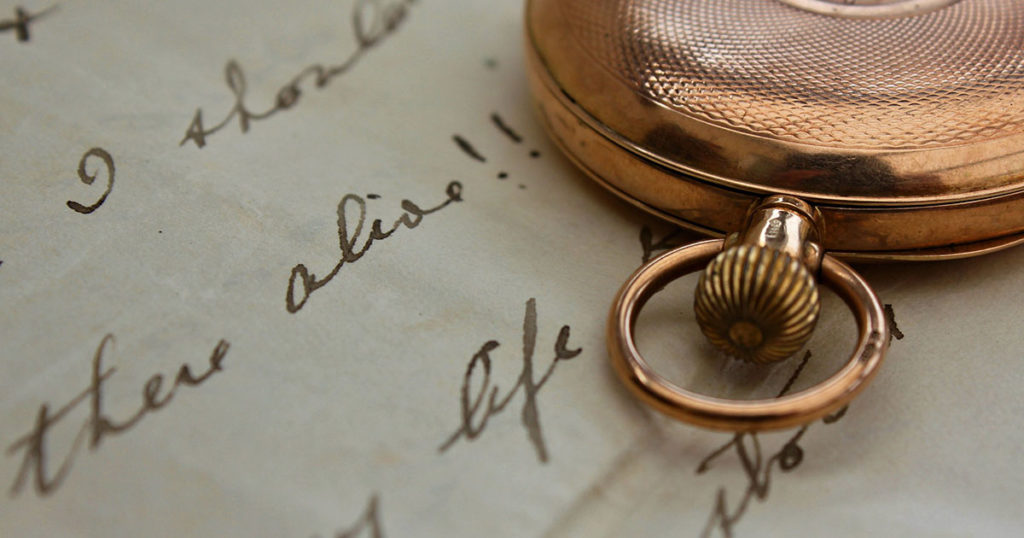
Some 50 years ago in Gijón, an old, childless woman died, leaving everything to her five nephews and nieces. She had a lot to leave—houses, fields, furniture, jewels—but her inheritors were all already comfortably off anyway. The inheritance was a windfall, not a lifesaver.
When the will was read, the siblings learned that their aunt had left her belongings to them in equal parts, to be divided after her favorite, the youngest of the group, who as a boy had lived with her and her husband, had first chosen whatever he wanted. Lo que quisiera.
The wording was just as problematic in Spanish as the English equivalent, and what was meant exactly by the phrase “whatever he wanted” was in doubt. Whatever one piece he wanted, or whatever part or portion he desired of the inheritance? And what do you do in the face of that ambiguity? Settle the matter before a problem arises, or wait for trouble before you deal with it? These were good people, but even before anyone gave an opinion on how to interpret the ambiguous phrase, they had imagined how it might be turned to someone’s advantage. The story goes that an older brother insisted on the younger brother’s obligation to choose just one piece, and the younger one, resenting the other’s implication that he would take advantage of the tricky wording, insisted he could take it all if he wanted. He threatened to. The others weighed in, and soon the family was feuding even before any valuables were handed out.
In the end, the favorite took one piece, and the rest was distributed. To everyone’s satisfaction? I don’t know. I rather doubt it. Feelings were hurt, and as sometimes is the case, not over what happened but over what might have. Take what you want—whatever you want—from the story. But from this incident and all the others like it, one might write a variation to the adage Don’t look a gift horse in the mouth, and it might go like this: Run like hell from the gift horse before in sinks its teeth in. But who does that? After all, this one, this gift horse, might be friendly and well disposed. It’s not the horse’s fault it’s a gift. Innocent until proven guilty! Let’s give it a chance, shall we?
And, being good people, we do.

